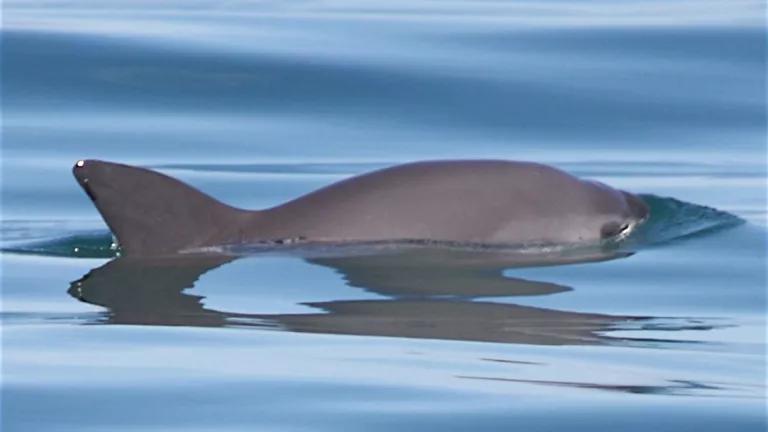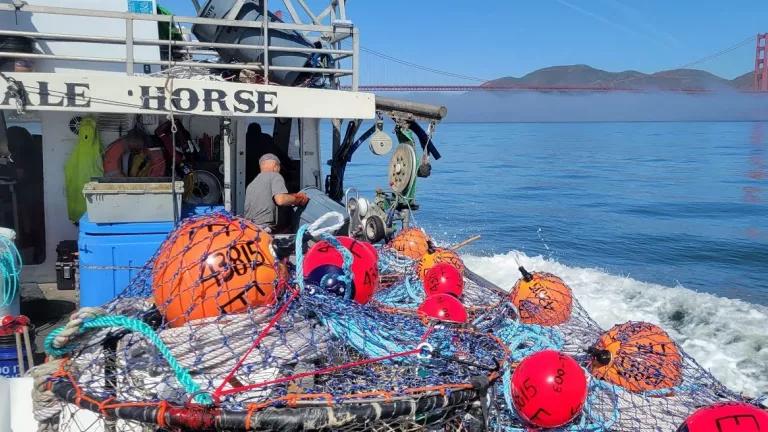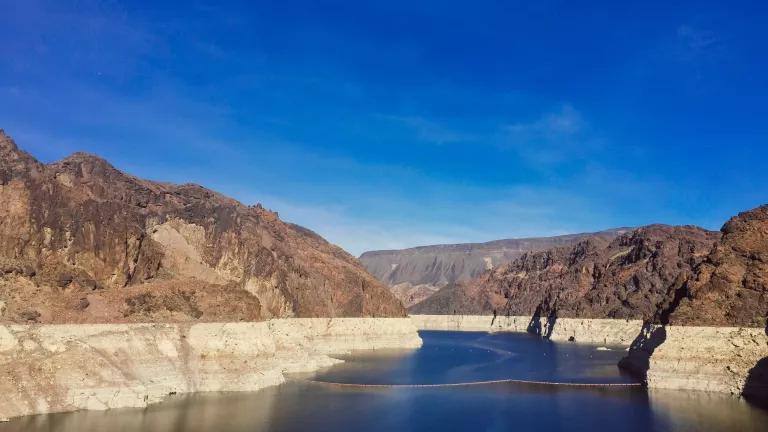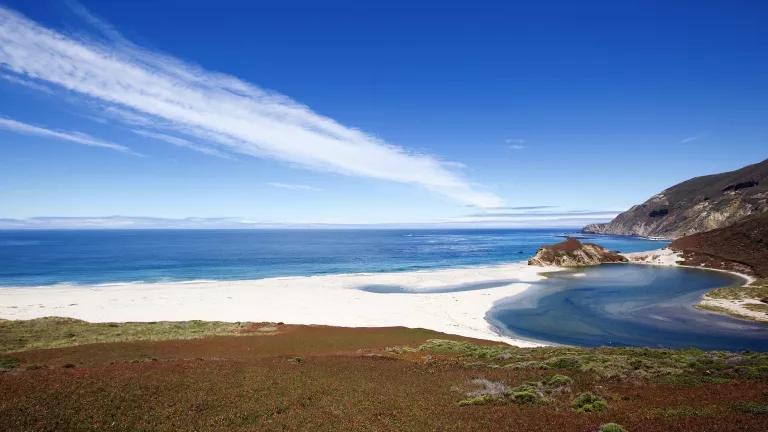World Wildlife Conference: Last Chance for Vaquita
The smallest porpoise species, found only in the northern Gulf of California, Mexico, has only around ten individuals left, making it the most critically endangered marine mammal on the planet.

Vaquita
The vaquita porpoise is on track to be extinct within three years and certain losses this fall—the loss of breeding-age females for example—would guarantee extinction. It didn’t have to come to this, but the Mexican government has had various plans for vaquita extinction and other countries, international institutions, and even some conservation organizations have been supporting those plans for years. At the World Wildlife Conference (this month’s meeting of the Convention on International Trade in Endangered Species (CITES)), the international community has one last chance to reverse course, to insist upon a different approach to save the vaquita—a chance to signal a new commitment to save specie everywhere.
For more than twenty years, Mexico, the United States, and the larger international community, including many international conservation organizations, have known that the vaquita was suffering significant losses, with its numbers plummeting from an estimated 567 in 1997 to around 10 in 2018, a loss of more than 98 percent in two decades. And they have known that one thing is solely responsible for the vaquita’s decline: getting caught and drowning in gillnets set for shrimp, totoaba, and other finfish. Until around 2010, the decline was largely attributable to legal and illegal fishing for shrimp in the northern Gulf of California. After 2010, the main driver of vaquita decline has been illegal fishing and trafficking of totoaba (the sale of totoaba internationally is banned pursuant to CITES), a finfish species also only found in Mexico’s northern Gulf of California.
Throughout this period, Mexico has announced and put forward various plans to save the vaquita, often at the encouragement of outside bodies, to appease public pressure, or to stave off threats of more drastic action, like sanctions. These plans were destined to fail because some of the entities in charge of implementation, like Mexico’s National Aquaculture and Fisheries Commission (CONAPESCA), have actively worked to undermine vaquita conservation and none of the plans were serious about providing northern Gulf of California communities a full and just transition from destructive gillnet fishing to other sources of livelihoods. Twenty years later and the Mexican government and on-the-ground NGOs are still talking about the deployment of alternative gear and the development of alternative livelihoods. Regardless of their names (e.g., 2015’s Program on the Comprehensive Care of the Upper Gulf), Mexico's plans have all effectively advanced vaquita extinction as evidenced by their unwillingness to break with failed initiatives from the past and the vaquita’s accelerating decline.
Barring the kind of political and economic conversion demanded by biodiversity loss, ecosystem collapse, and the climate crisis, which does not seem on the horizon in Mexico, the only thing that will compel Mexico to take more drastic action is the imposition of sanctions, something the international community writ large may be loath to do. Nonetheless, this is the World Wildlife Conference’s last chance to make a difference for vaquita and its first chance after the UN released its Global Nature Assessment, which details the precarious state of nature, including massive biodiversity loss—more than a million plant and animal species are threatened with extinction, many within decades—and ecosystem collapse. That report, along with other recent UN reports like the Special Report on Climate Change and Land and the Special Report on Global Warming of 1.5 °C, calls for transformative change to our current socio-economic systems, to ones where we elevate wildlife and the conservation and restoration of our natural world. Delegates to the World Wildlife Conference can do that by breaking with business as usual, putting Mexico on notice that it will be sanctioned if it fails to extinguish trade in totoaba within a short time frame and barring Mexico’s attempt to open up trade in farmed totoaba, which will complicate enforcement of the illegal trade. In doing so, delegates will signal the kind of transformative change necessary to save wildlife around the world.




